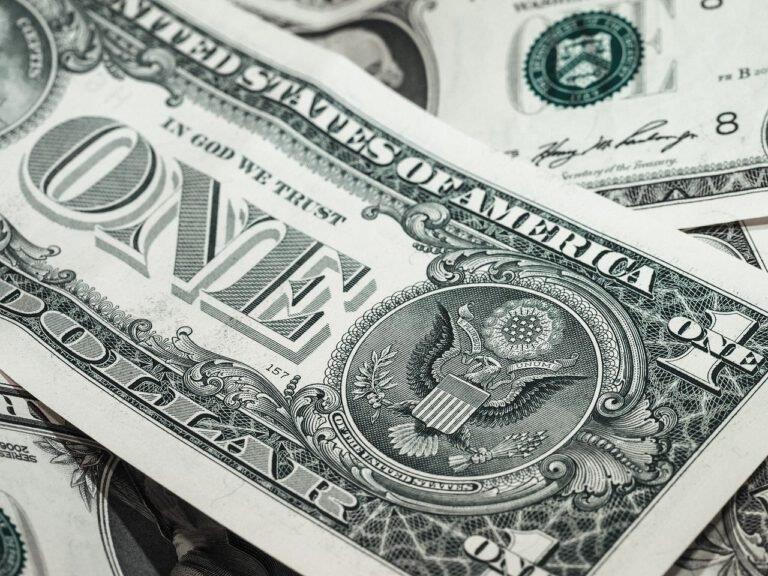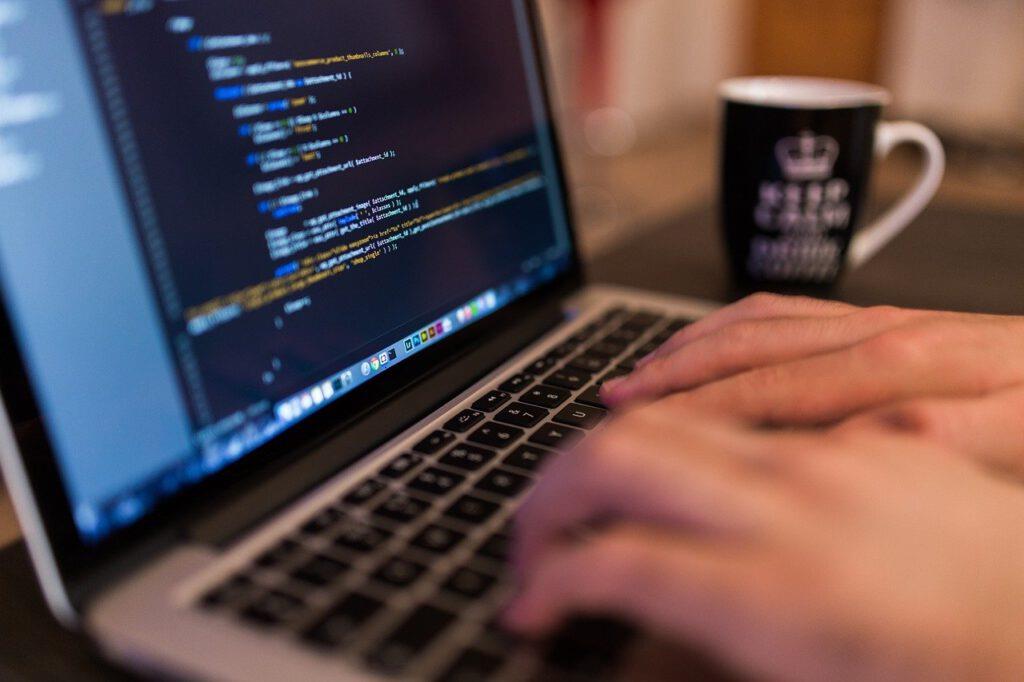(MENAFN- ValueWalk)

TBIT / Pixabay
After the chances of more federal stimulus checks faded away, several states came up with their own stimulus program. Now, many cities and counties have also come up with their own stimulus program. Many of these coronavirus stimulus checks from cities and counties, however, are not the usual stimulus payment, but rather, a new type.
Get The Full Ray Dalio Series in PDF
Get the entire 10-part series on Ray Dalio in PDF. Save it to your desktop, read it on your tablet, or email to your colleagues

Q3 2021 hedge fund letters, conferences and more
WSJ Techlive: Greylock's Sarah Guo On Tech Investments

The technology industry has long been on the receiving end of billions of dollars in capital, but what's next for the industry? Greylock General Partner Sarah Guo joined Wall Street Journal reporter Zoe Thomas to talk about the future of tech investment. Q3 2021 hedge fund letters, conferences and more Seed Funding Thomas asked Guo Read More
Guaranteed Income Coronavirus Stimulus Checks From Cities
In the universal basic income concept, all residents of the area get the same amount of money. The Alaska Permanent Fund is a very good example of the universal basic income concept. This fund has been giving most residents a dividend from the state oil revenues since 1982. About 643,000 Alaskans got an annual payment of $1,114 earlier this month.
In contrast, the guaranteed income (GI) payments go to a certain group, such as those with low income, or those belonging to a certain community. For instance, in September, 100 needy fathers in Columbia, S.C. got $500 debit cards. Also, these same people will get the same amount every month for the next two years.
St. Paul, Minnesota's People's Prosperity Pilot is another example of a guaranteed income program. The pilot program is for young families with newborns. Pittsburgh also has a similar program, and is using some federal COVID-19 relief funds to give $500 per month to 200 low-income households for two years, including households led by black women.
A National Group Managing These Projects
A point to note is that many of these projects, such as the ones from St. Paul and Columbia, are managed by a new national group, called MGI (Mayors for a Guaranteed Income). This group will use the data from these pilot programs to lobby for a federal guaranteed income .
The MGI group started a year ago, and it now includes fifty-seven mayors from across the country. Twitter founder Jack Dorsey also donated $18 million to fund the pilot programs of the group. Michael Tubbs, the former mayor of Stockton, created this group.
Tubbs oversaw a two-year pilot program that gave $500 per month to 125 random people living in low- to middle-income areas on the city. In March, the group released the results of the one-year project, called SEED.
The results showed that the program led to recipients being less stressed and more resilient. Also, they were able to get full-time employment quicker than others.
“SEED gave people the dignity to make their own choices, the ability to live up to their potential and improved economic stability going into the turmoil of the pandemic,” Tubbs said in a statement .
Further, the results showed that the recipients spent the money on basic needs, including about 37% on food; 22% on clothes, shoes and more; 11% on utilities ; and 10% on auto costs. The results claimed that less than 1% of the money was spent on alcohol and/or tobacco.
Updated on Oct 22, 2021, 9:37 am
MENAFN22102021005205011743ID1103024044
Legal Disclaimer:
MENAFN provides the information “as is” without warranty of any kind. We do not accept any responsibility or liability for the accuracy, content, images, videos, licenses, completeness, legality, or reliability of the information contained in this article. If you have any complaints or copyright issues related to this article, kindly contact the provider above.